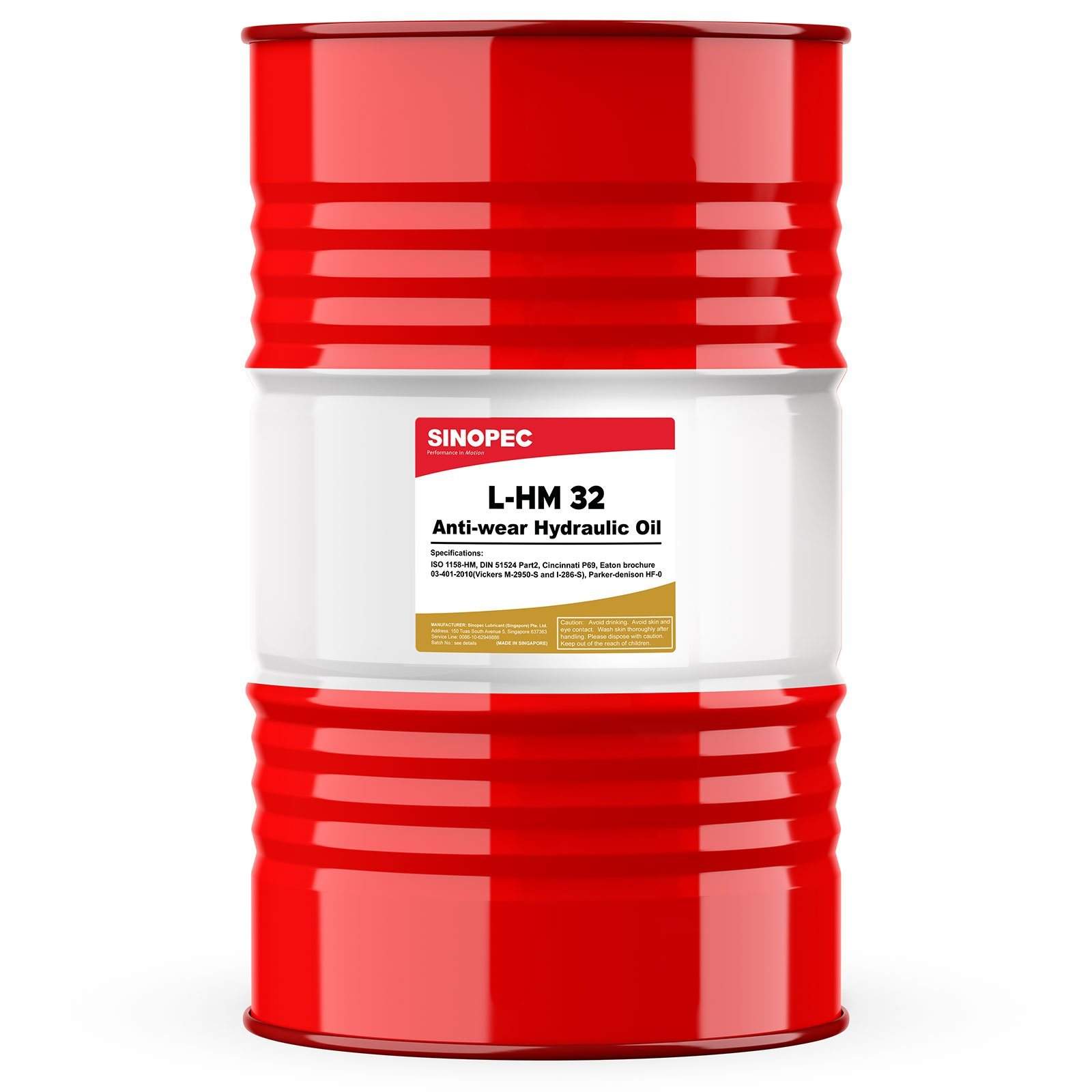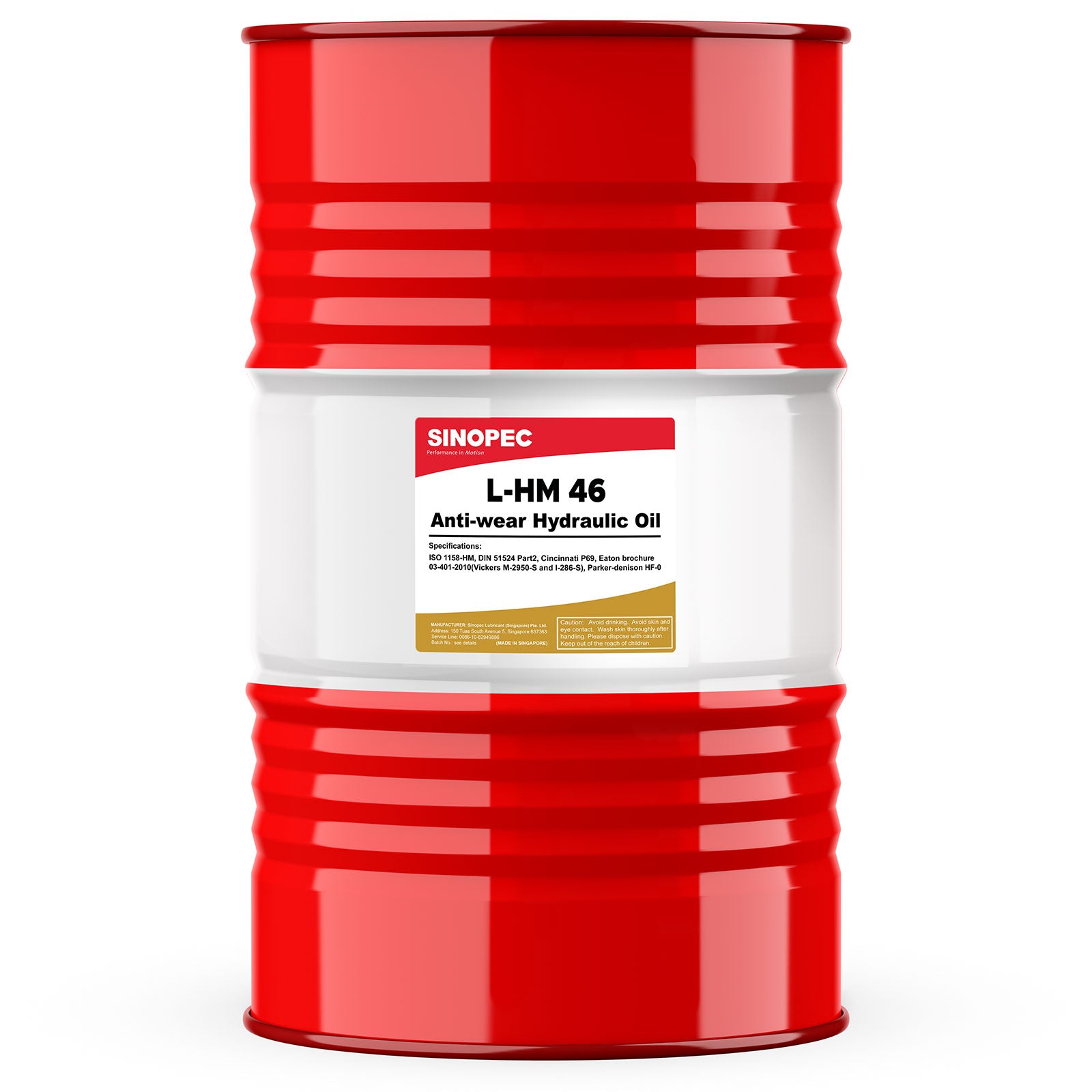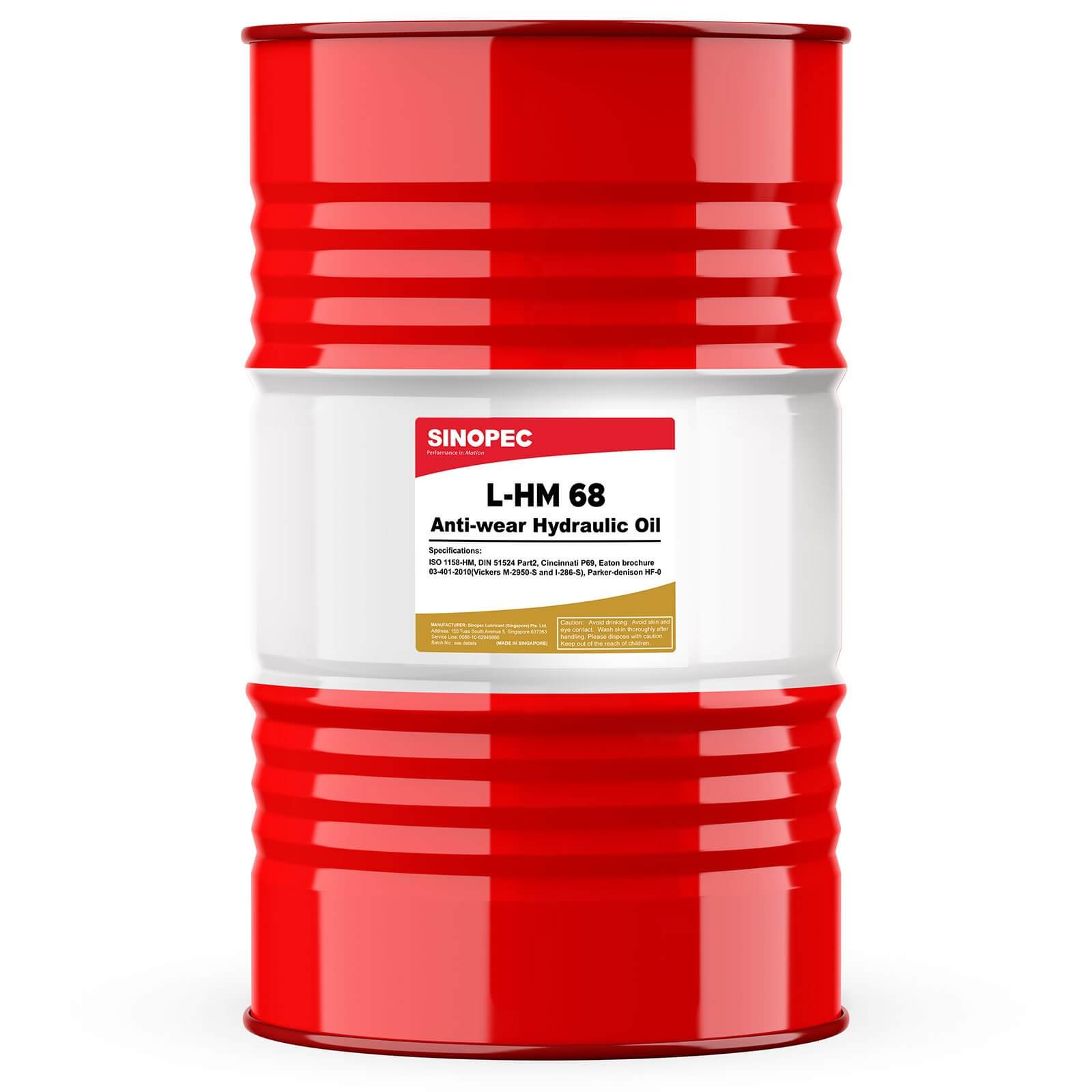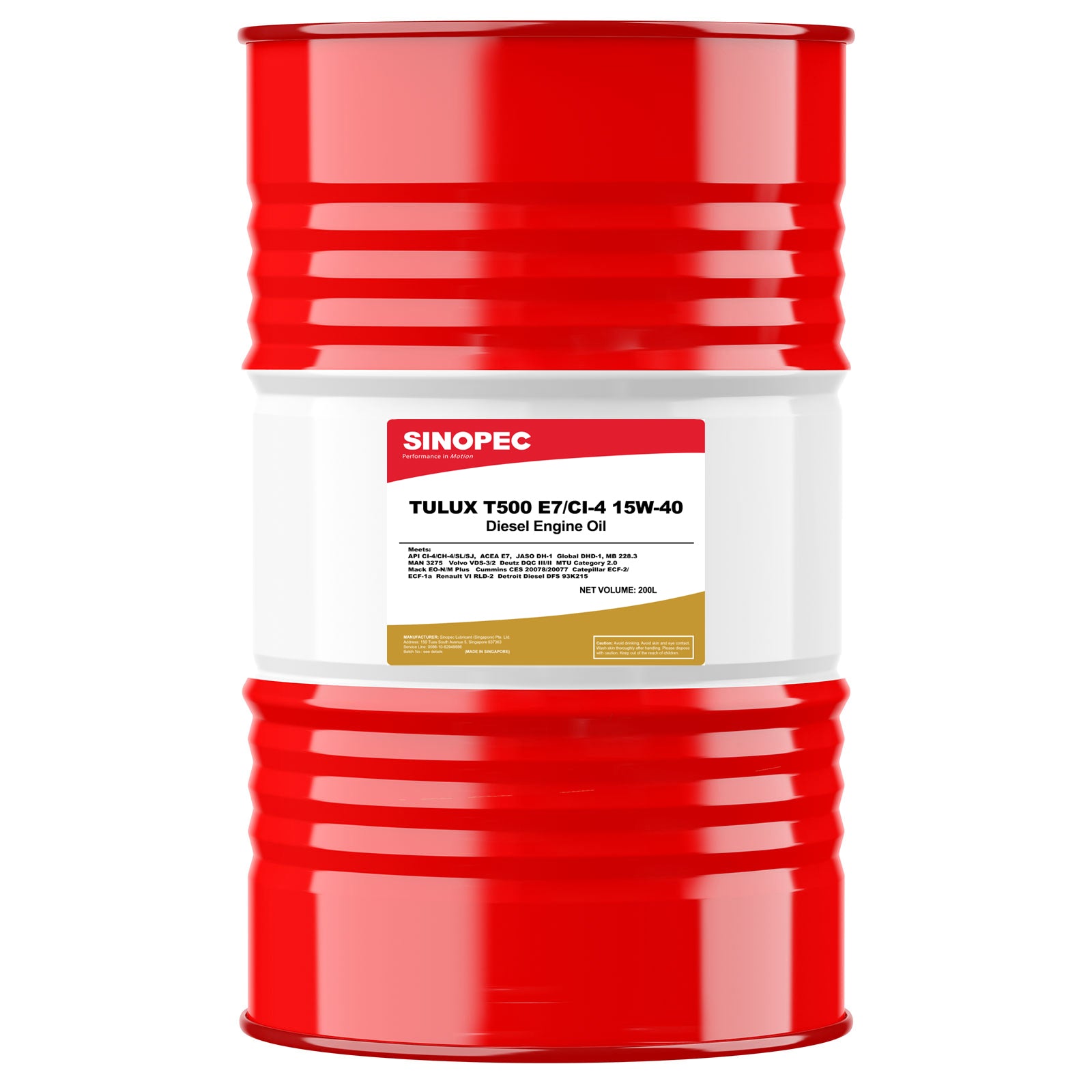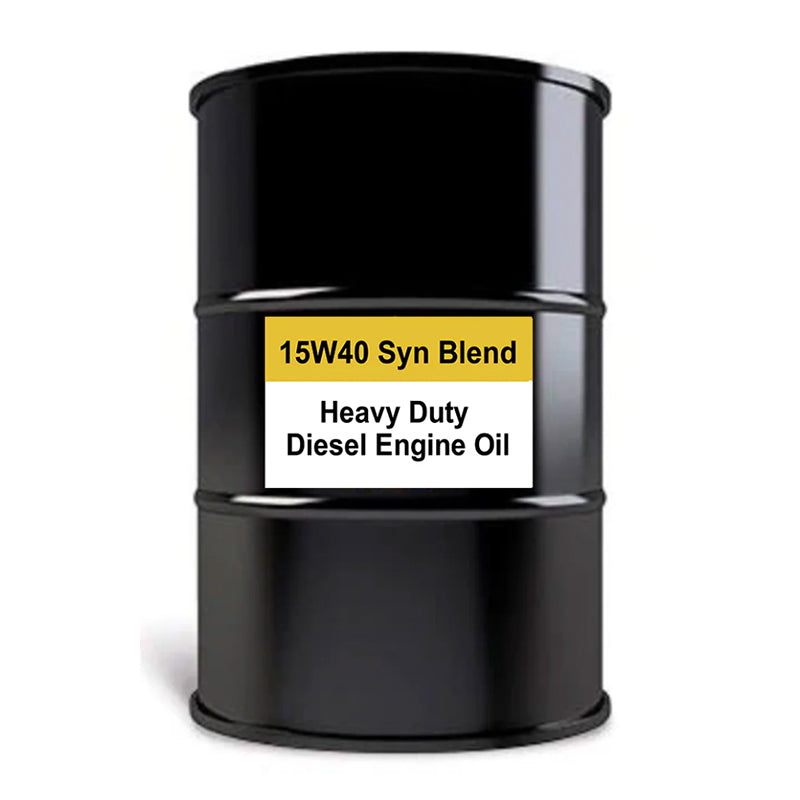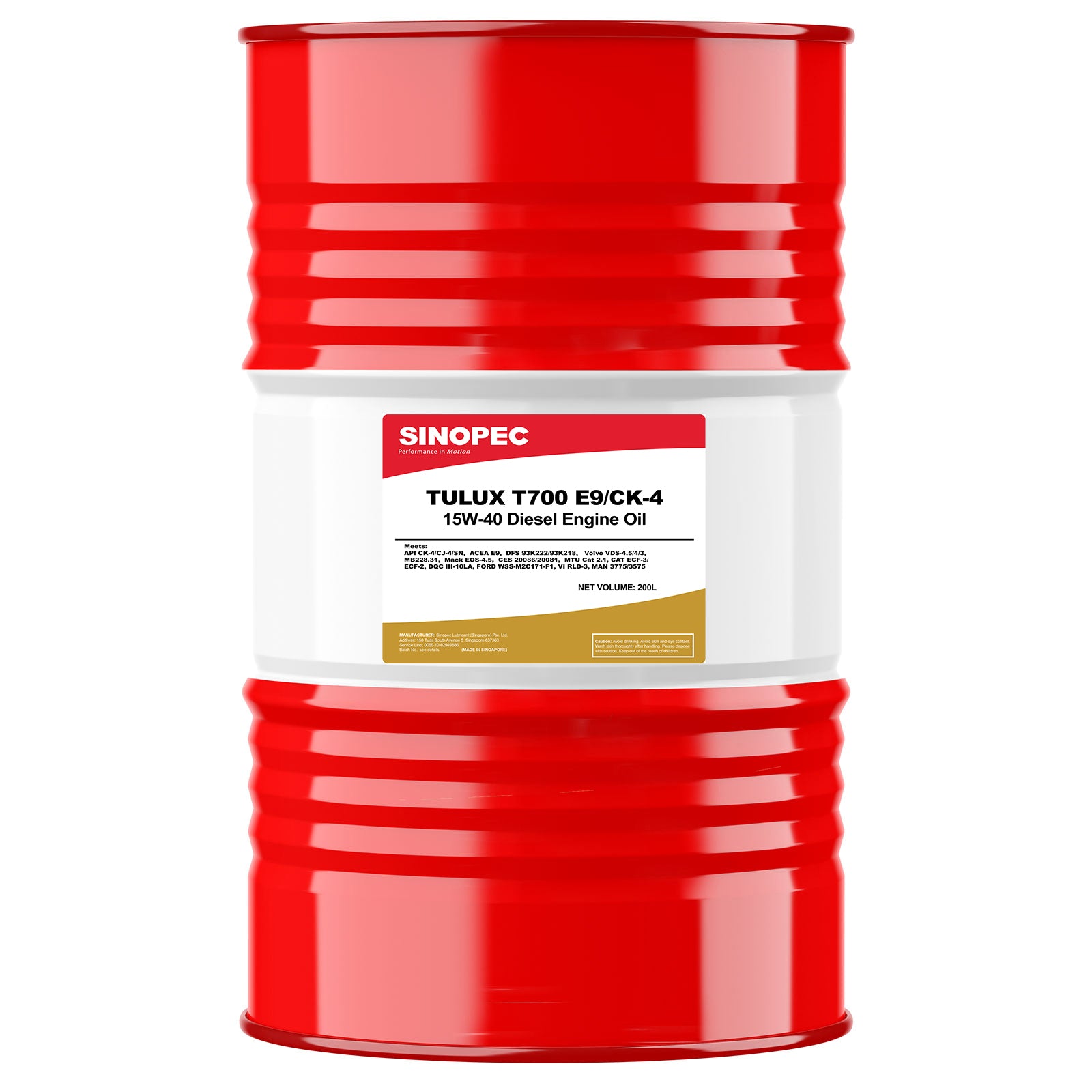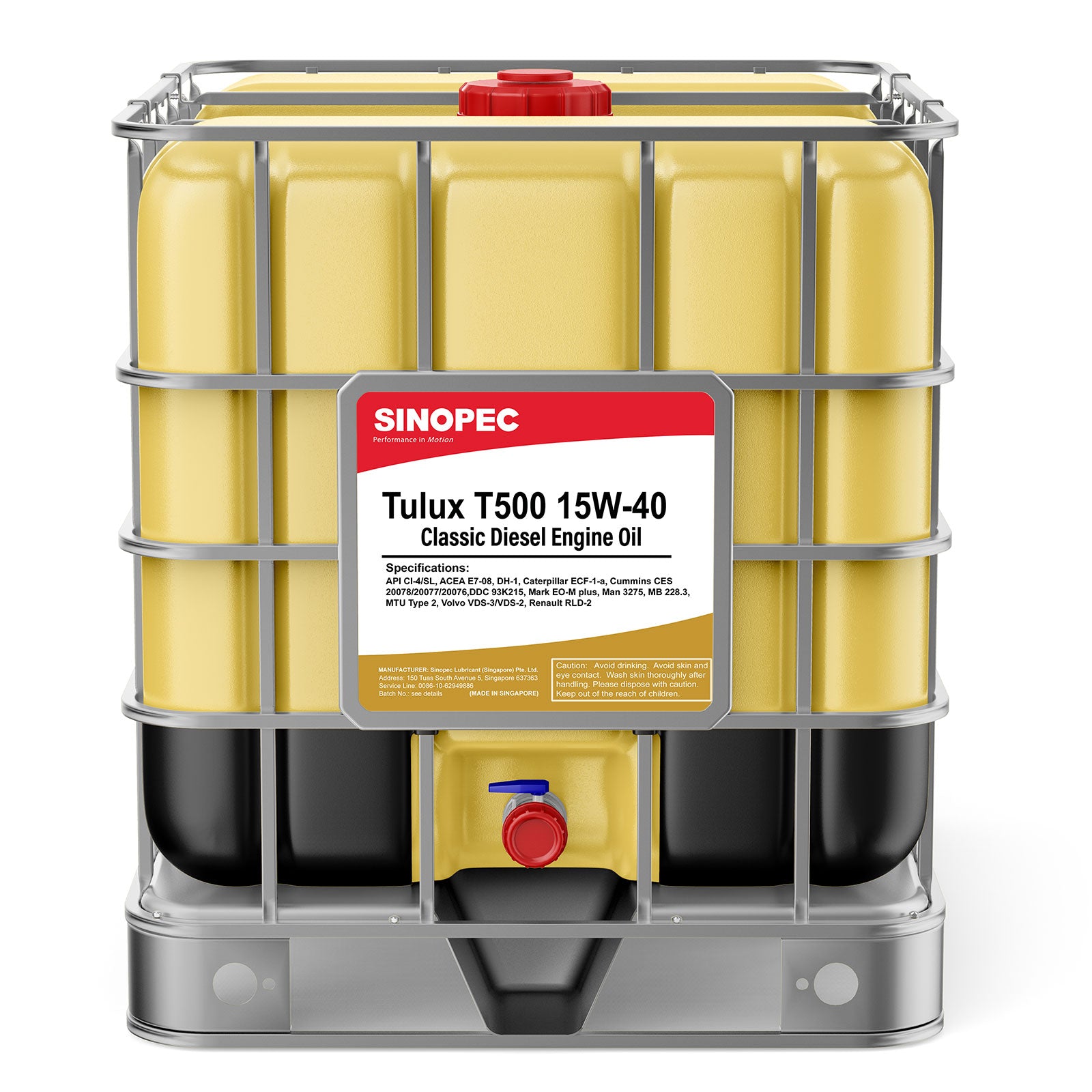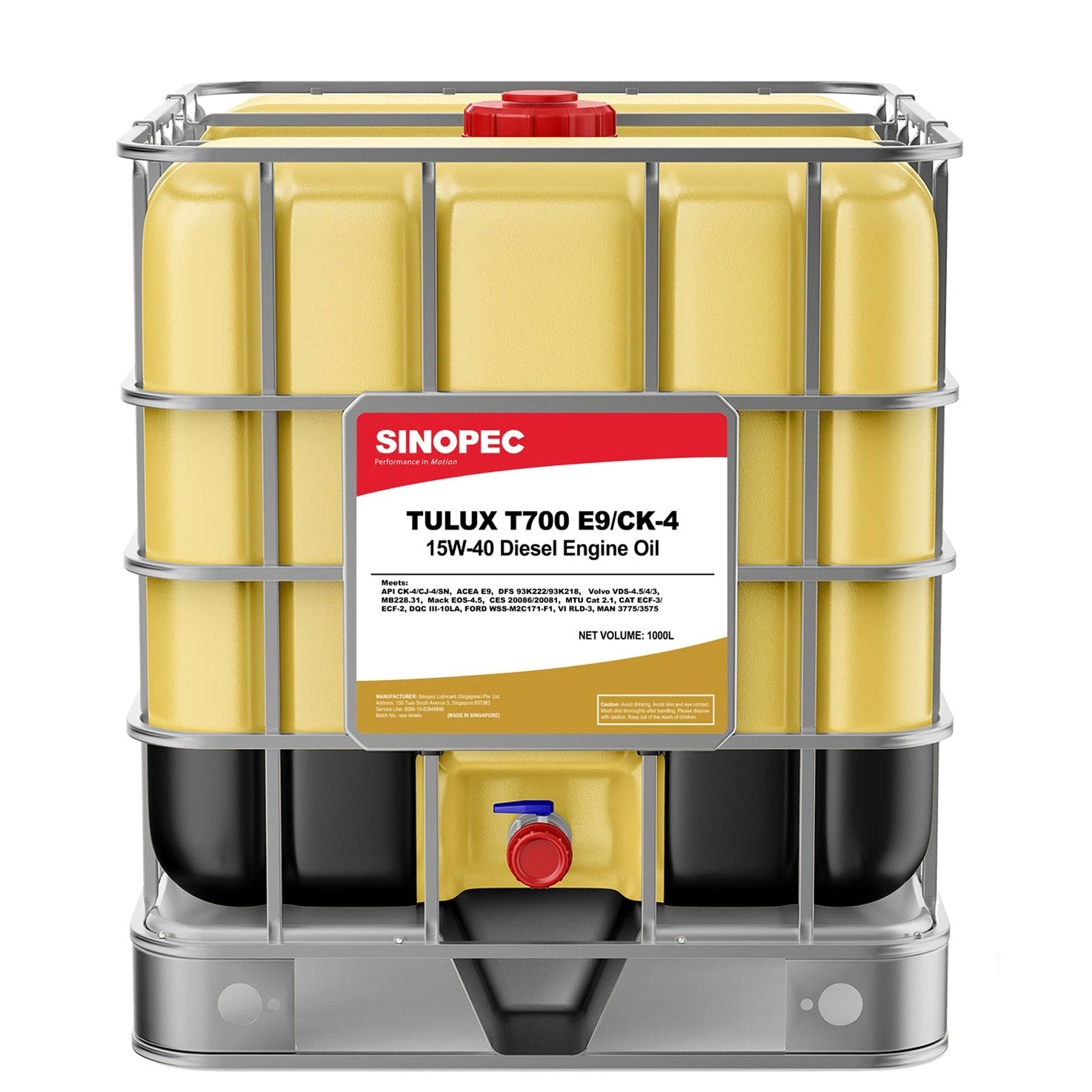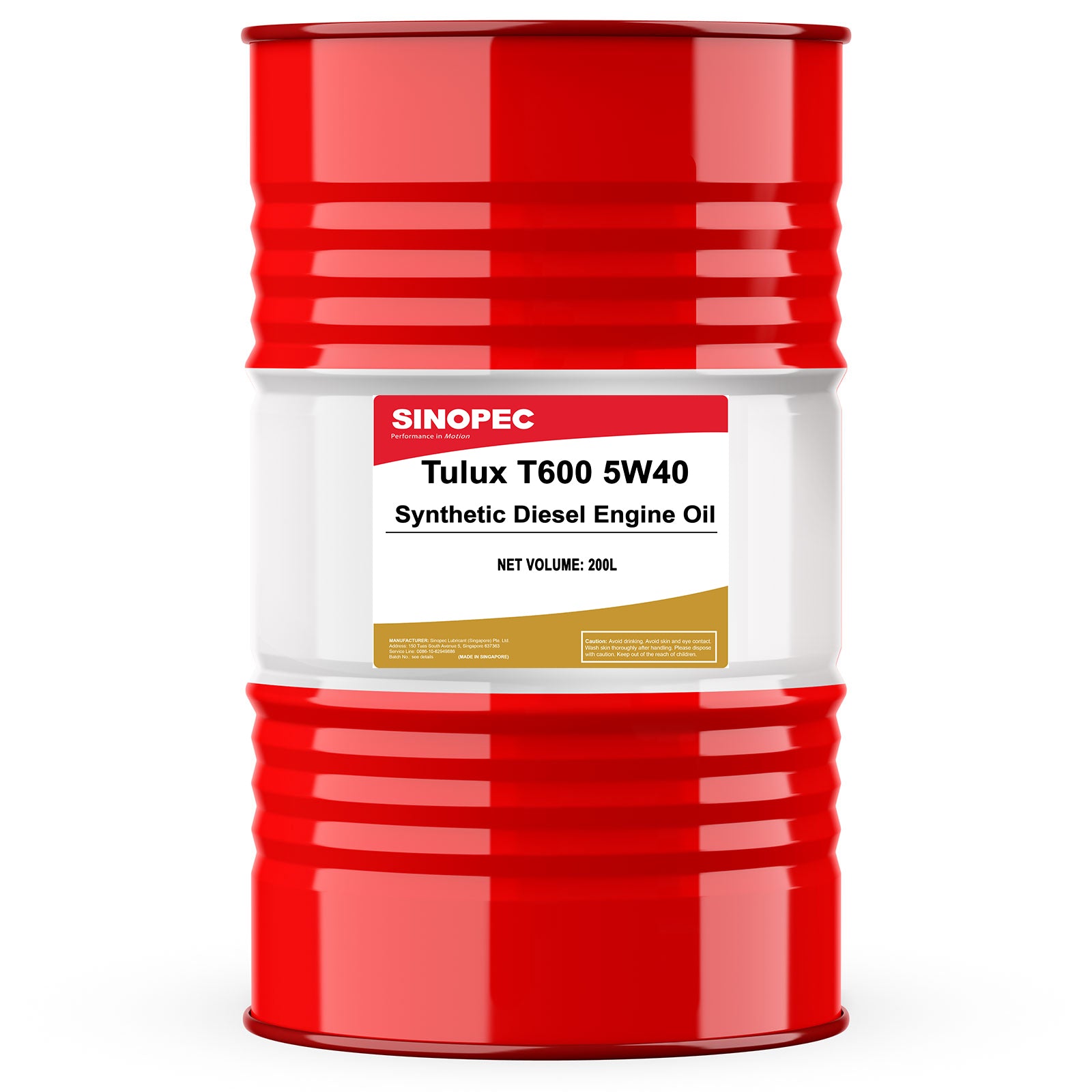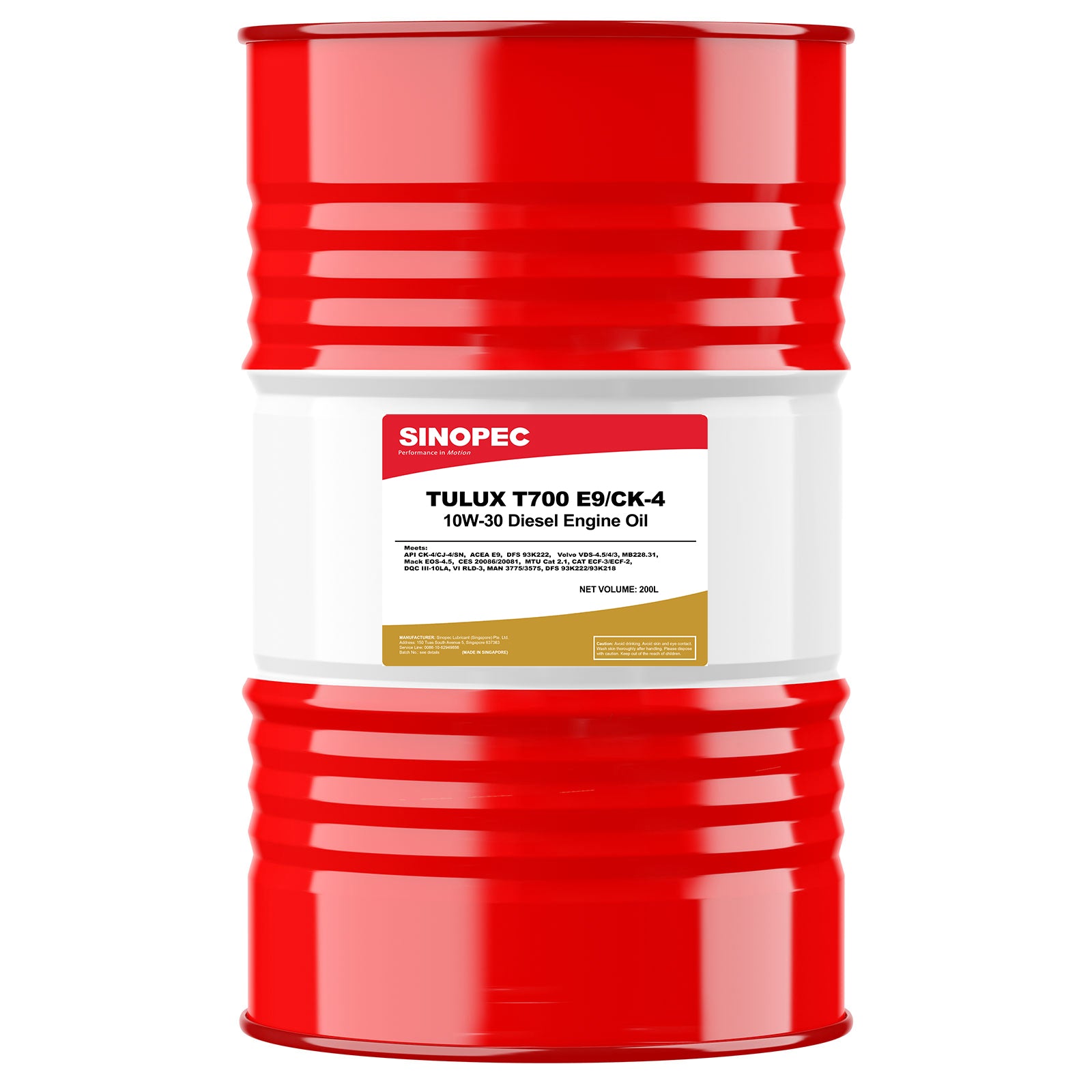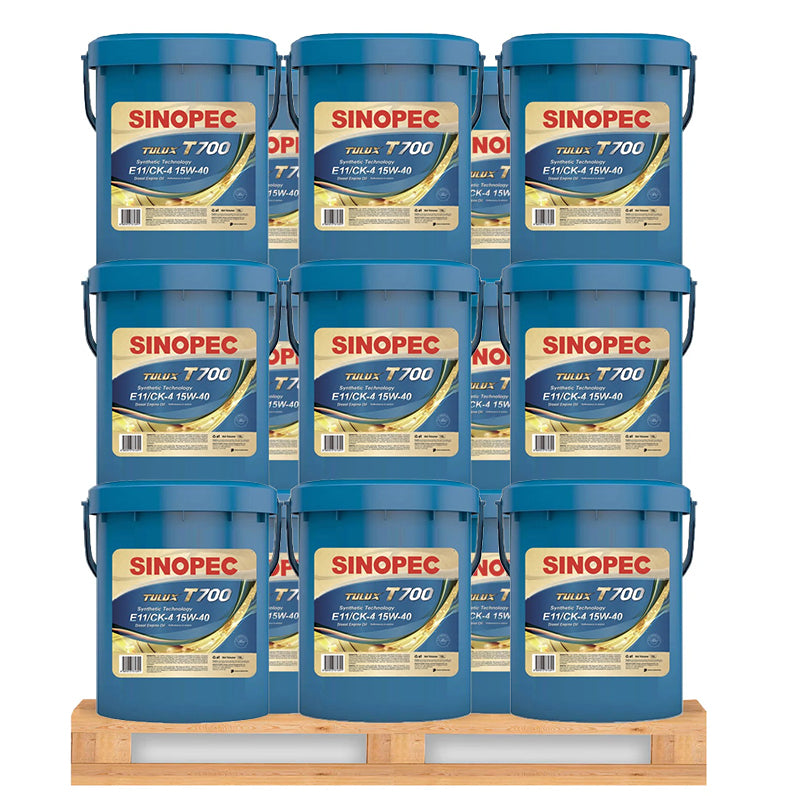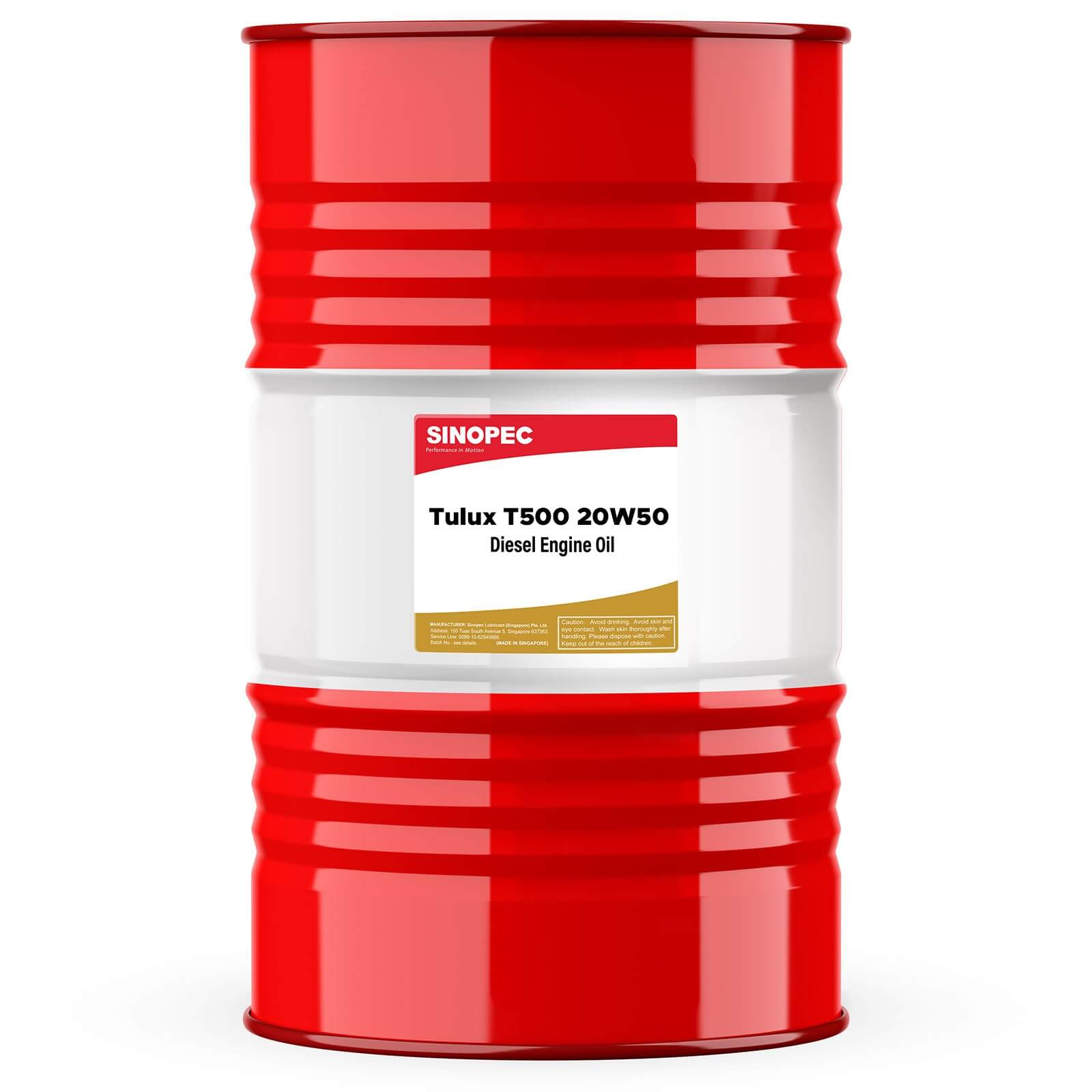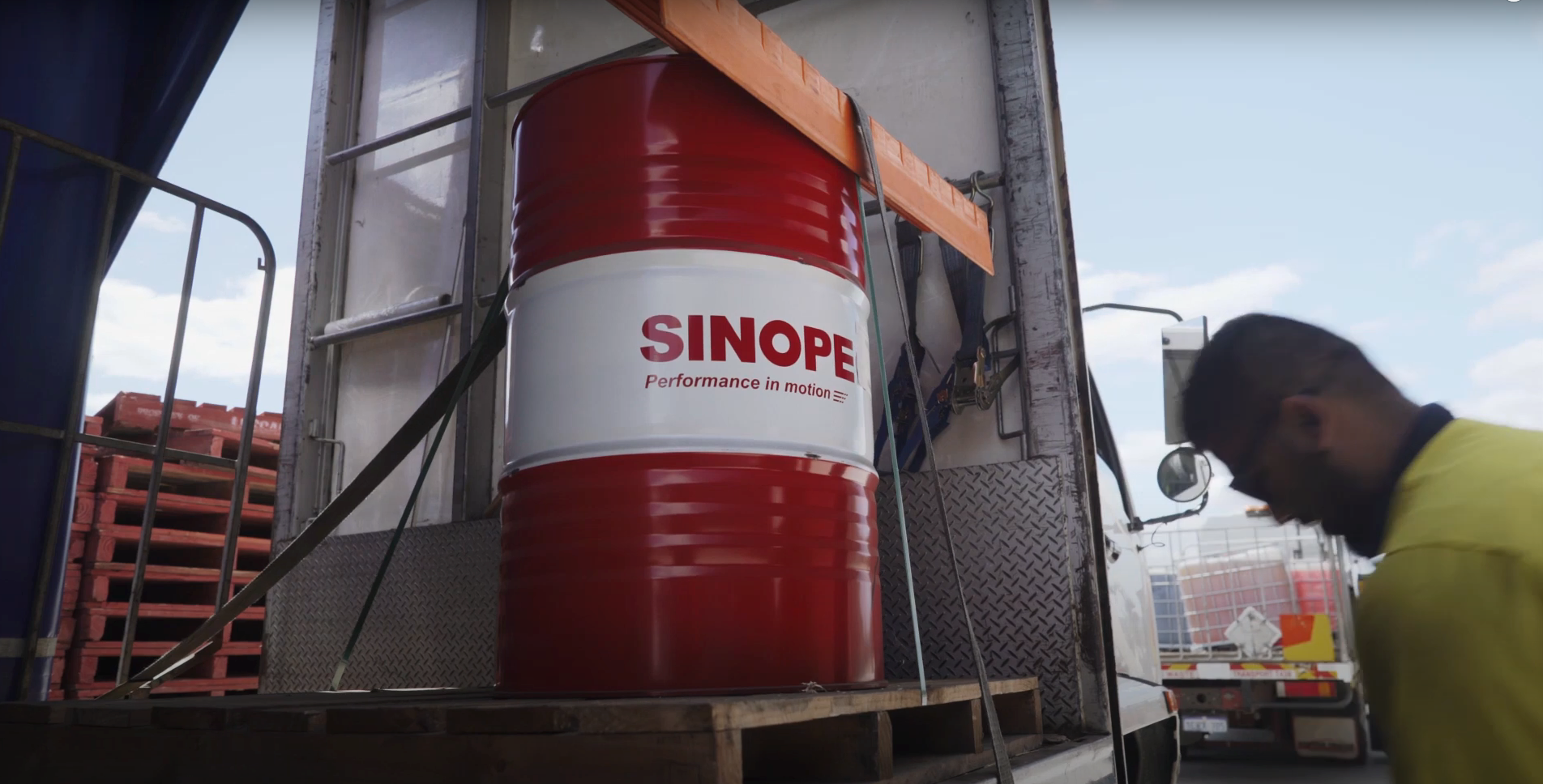Sinopec Celebrates First Commercial Flight with Sustainable Aviation Biofuel
Sinopec has been given a license allowing commercial use of its aviation biofuel by airlines. There was a biofuel test flight in 2013 using fuel made from from hydrotreated palm oil and recycled cooking oil. Sinopec said it can now produce bio-jet fuel from a wide range of raw material feedstock, including rapeseed oil, palm oil and soybean oil ( which competes with human and animal food). Sinopec started research on aviation biofuel in 2009, and its application for commercial use was accepted by CAAC in early 2012. Sinopec can produce 3,000 tons of the fuel per year, from rape seed, cotton seed and waste cooking oil. The company is considering joining with private enterprise in planting, collecting and processing these source oils, as well as getting waste cooking oil from McDonald’s. Sinopec claims their biofuels generate 45% less CO2 than conventional fuels.
"This fully represents an earnest commitment from Sinopec to continuously advance scientific and technological innovation and promote green and low-emission development."
Sinopec today celebrated first passenger flight with sustainable aviation biofuel, a key environmental milestone for the commercial aviation industry.
Boeing also works with airlines, research institutions, governments and other stakeholders to develop sustainable aviation biofuel in the United States, Africa, Australia, Brazil, Europe, Japan and the Middle East.


